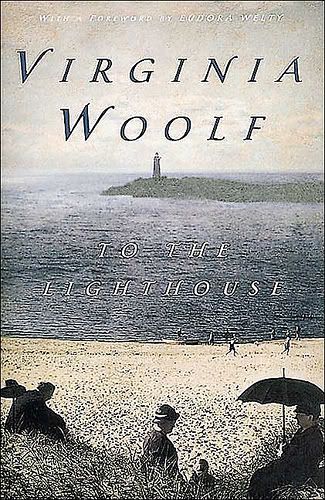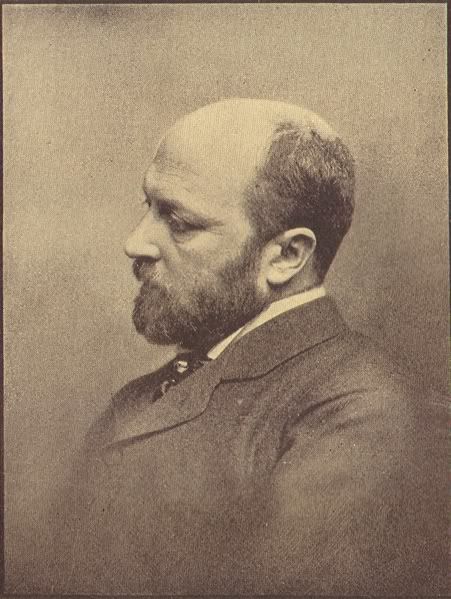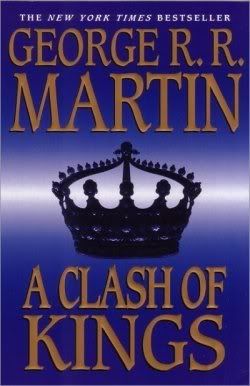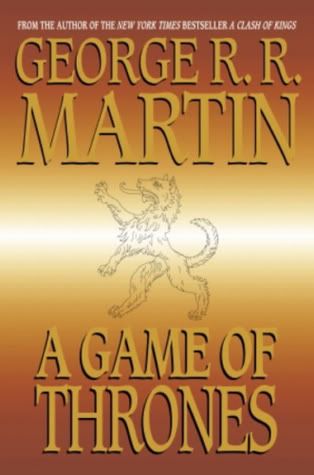 |
| "I think she's too ignorant to be a witch." |
Muriel Spark's debut novel The Comforters is an utterly bizarre and whimsically ambitious meta-fiction that is structured around the literary equivalent of the Chinese box technique: a novel within a novel, within a novel. Paradoxically, Spark is keen to emphasize the fictional aspects of fiction itself; utilizing a variety of literary tropes such as irony, satire, religious parables, parody and metaphorical conceits to playfully break the fourth-wall -- not only between the author and the reader but also with several of the characters of the novel (more specifically, Caroline) and the omniscient narrator.
Caroline is an educated woman and just so happens to have studied literature in college, possessing a thorough knowledge of the structural principles pertaining to the novel form. After leaving a Catholic convent, she begins to mysteriously hear voices in her head but these are no ordinary voices -- they take the form of a chanting chorus and the clicking of a type-writer, objectively writing down her exact thoughts at specific moments. Is this phenomena a religious miracle of God speaking through her or just plain delusion? Spark is purposefully ambiguous in answering this question, whereas madness takes on thematic relevance as many of the characters are fervently concerned with their sanity. At one point, one of the characters named Baron Stock, makes a profound observation about madness by asking a rhetorical question: "Is the world a lunatic asylum then? Are we all courteous maniacs discreetly making allowances for everyone else' s derangement?" (204). This is a question that the reader should keep at the back of their mind. Not only is the narrator unreliable but are all of these characters suffering from a mental derangement and if so, whose perspective can the reader trust with assurance? How do we really know that our perception of what constitutes so-called "reality" is true? There tends to always be a lingering doubt that everything is not as it seems. Read the daily newspaper or step outside and perhaps it is not far-fetched to believe that most people are utterly insane, operating under the false surmise that they have complete control of their mental faculties and are living in a sane world.
Caroline soon comes to the conclusion that she exists within a fictional realm of an unknown author's imagination. She perceives herself and everyone else around her as characters in a story: “The characters in this novel are all fictitious” (105). The concept of free-will and predestination is cleverly explored within this narrative conundrum as Caroline attempts to deceitfully outsmart the narrator's intentions by contradicting her thoughts and choices. During one such occasion, she initially decides to take the train to travel with her on and off again boyfriend Laurence Manders to visit his grandmother in the countryside. However, in an act of defiance against the narrator who is supposedly pulling the strings and dictating the exact trajectory of her life, she decides to take the car with Laurence instead. Perhaps it is ironic or an act of fate that the couple are involved in a serious car crash. Could this tragic incident represent one of Spark's many religious parables throughout the novel about the consequences of not placing faith in God? Maybe, maybe not. Similar to the works of Graham Greene (another great Catholic novelist), it would be reductive and downright misconstrued to classify Spark's work as evangelical just because of the strong religious overtones. She is a Catholic writer but her concern is not to create religious propaganda but to rather question, ruminate and examine the Catholic faith within the context of narrative fiction.
The outrageous plot is charmingly comical as much as it is baffling in its incongruities. The Comforters is a social drama and sardonic comedy of errors; a part detective and crime novel that even dabbles in mysticism. Laurence even suggests that Caroline has involved herself in a otherworldly story, abandoning Catholicism for a new religion commonly referred to as "Science Fiction" (184). His criticism is obviously meant to be hyperbolic but it seems as if Spark is cleverly winking at the estrangement of this novel: diamond smuggling, witch-craft, blackmail, conspiracy, superstition, Catholic dogma, homosexuality, incest -- this novel purposefully contains a plethora of plot devices that make for a wild and intriguing story. However, Spark is inclined to undermine narrative conventions; blending different literary genres, teasing the reader's expectations for a logical and close-ended story where all of the loose plot threads are resolved with a satisfying conclusion. To reiterate, she perpetually emphasizes that this novel is a work of fiction, exposing prominent and arbitrary conventions while ironically, attempting to ascertain a higher truth -- realism. With irreverent wit and a penchant for writing crackling dialogue, Spark not only focuses heavily on religion but also branches off into gnosticism, inner human consciousness, illusion and the precarious nature of reality. Spark frantically bombards the reader with a convoluted plot whilst juggling a host of perplexing ideas that is not always effectively balanced, although she redeems herself with the climax of the story that is craftily delightful. The Comforters is far more impressive as an experimental novel as opposed to a thoroughly enjoyable work of fiction with empathetic characters and an engaging story.
Read from July 26 to 28, 2011















